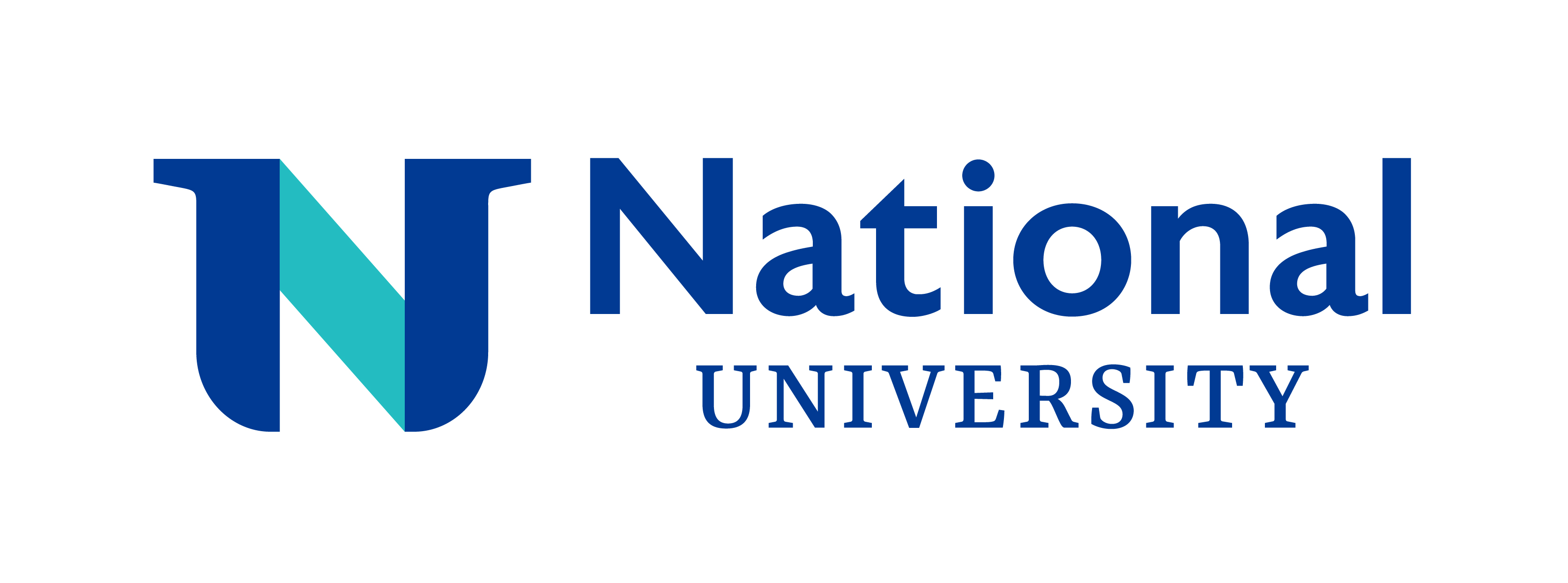TEDX1886X - Early Childhood: Program Planning
Course Description
| Course Description |
|---|
This course is designed to give you a new perspective on planning and implementing developmentally appropriate programs for young children from birth through age eight. In this course you will learn what is meant by curriculum, assessment, evaluation, and program planning as these terms apply to early childhood education. We will discuss several historical perspectives and theories on child development and examine best practice for early childhood education. We will also examine key concepts and specific activities for teaching various curricular content areas, including language and literacy, mathematics and science, and the expressive arts.
This course, Program Planning, has been divided into four chapters. It discusses numerous considerations for planning and implementing a comprehensive, research-based curriculum for young children. Included will be topics such as Universal Design for Learning (UDL), Understanding by Design (UbD), differentiated instruction, and the use of developmentally appropriate technology for young children. Various perspectives on the history and theory behind early childhood education and child development will be examined, in addition to discussing various forms of diversity among children. We will also discuss what curriculum is, and identify guidelines presented by the National Association for the Education of Young Children (NAEYC) for appropriate curriculum for young children through eight years of age. We will take an overall look at the basic steps for creating an appropriate curriculum, planning a daily schedule, and creating lesson plans and activities for early childhood programs. In addition to focusing our attention on appropriate curricular approaches, we will touch briefly on several curricular approaches to avoid.
While the first chapter of the course provides an overview of general considerations and approaches for early childhood curriculum, assessment, and evaluation, later chapters of the course will take a more in-depth look at appropriate curriculum for various age groups such as infants & toddlers, preschoolers, and primary school children. Curricular considerations for integrating specific content areas such as language and literacy, math and science, and social studies and expressive arts will also be discussed.
Each chapter contains additional handouts or attachments that cover specific topics from the chapter in greater depth. They are provided for you to read, ponder, and apply to the early childhood education setting in which you work. Some of the topics are intended for you, as the professional, while others are intended for you to pass on to parents, when appropriate.
| Learning Objectives |
|---|
- Identify the general guidelines for early childhood curriculum, assessment, and evaluation as presented by NAEYC.
- Explain the key components of a developmentally appropriate practice (DAP) for young children.
- Discuss numerous ways to make adaptations, accommodations, and modifications for students with special learning needs.
- Explain the three principles for learning presented by the National Research Council (1999) that directly apply to classroom teaching for children of all ages.
- Discuss research-based positions and standards for various curricular content areas.
- Identify and plan key components of an integrated early childhood curriculum that fosters curiosity and promotes the process of inquiry.
- Describe a variety of ways to integrate language and literacy, mathematics and science, and social studies and expressive arts activities in meaningful ways throughout the early childhood curriculum.
- Provide the most current requirements for earning a CDA Credential or NAEYC Accreditation.
| Prerequisites |
|---|
There are no prerequisites.
| Notes |
|---|
As a student you will be expected to:
- Complete all four information sections showing a competent understanding of the material presented in each section.
- Complete all four section examinations, showing a competent understanding of the material presented. You must obtain an overall score of 70% or higher, with no individual exam score below 50%, to pass this course. *Please note: Minimum exam score requirements may vary by college or university; therefore, you should refer to your course addendum to determine what your minimum exam score requirements are.
- Complete a review of any section on which your examination score was below 50%.
- Retake any examination, after completing an information review, to increase that examination score to a minimum of 50%, making sure to also be achieving an overall exam score of a minimum 70% (maximum of three attempts). *Please note: Minimum exam score requirements may vary by college or university; therefore, you should refer to your course addendum to determine what your minimum exam score requirements are.
- Complete a course evaluation form at the end of the course.
| Estimated Time of Completion |
|---|
40 Hours
| Access Time |
|---|
365 Days
| CEU / PDU Outcomes |
|---|
4.0 CEUs
For Additional Information Visit: https://www.virtualeduc.com/html_syllabus/PPC/PPC_UP3_syllabus.htm








